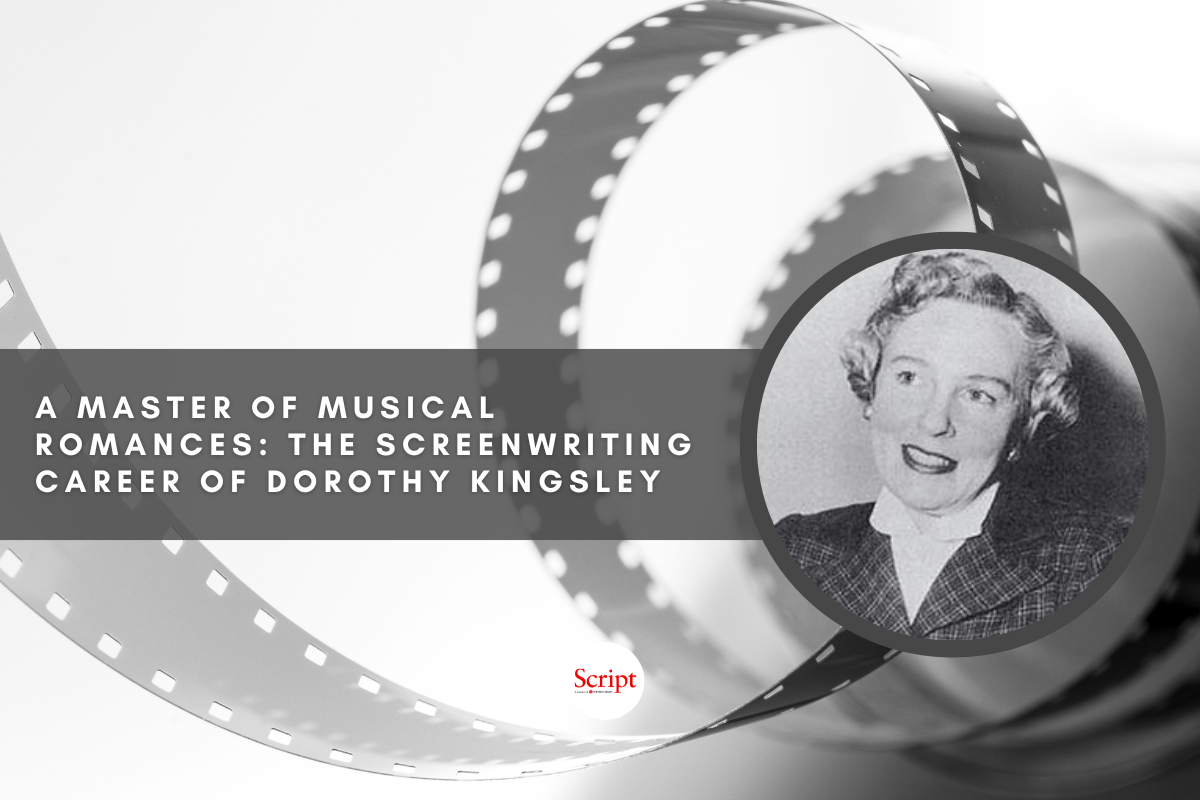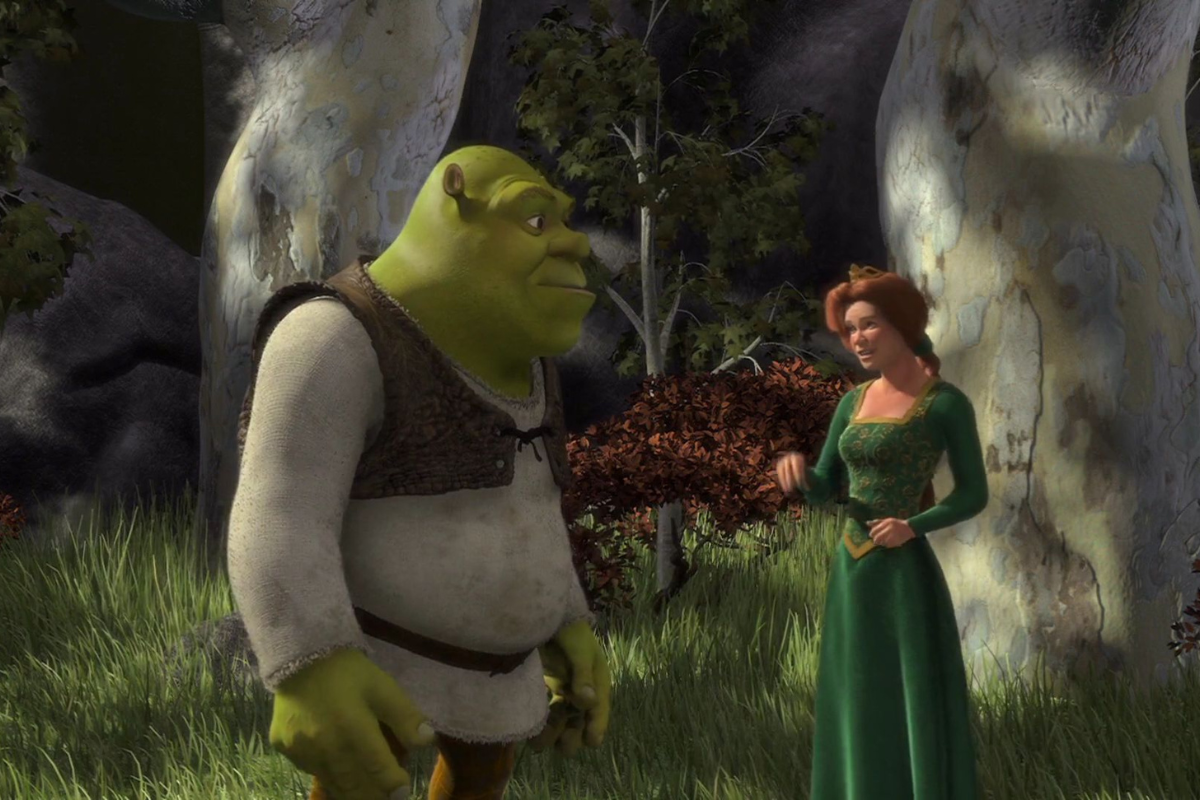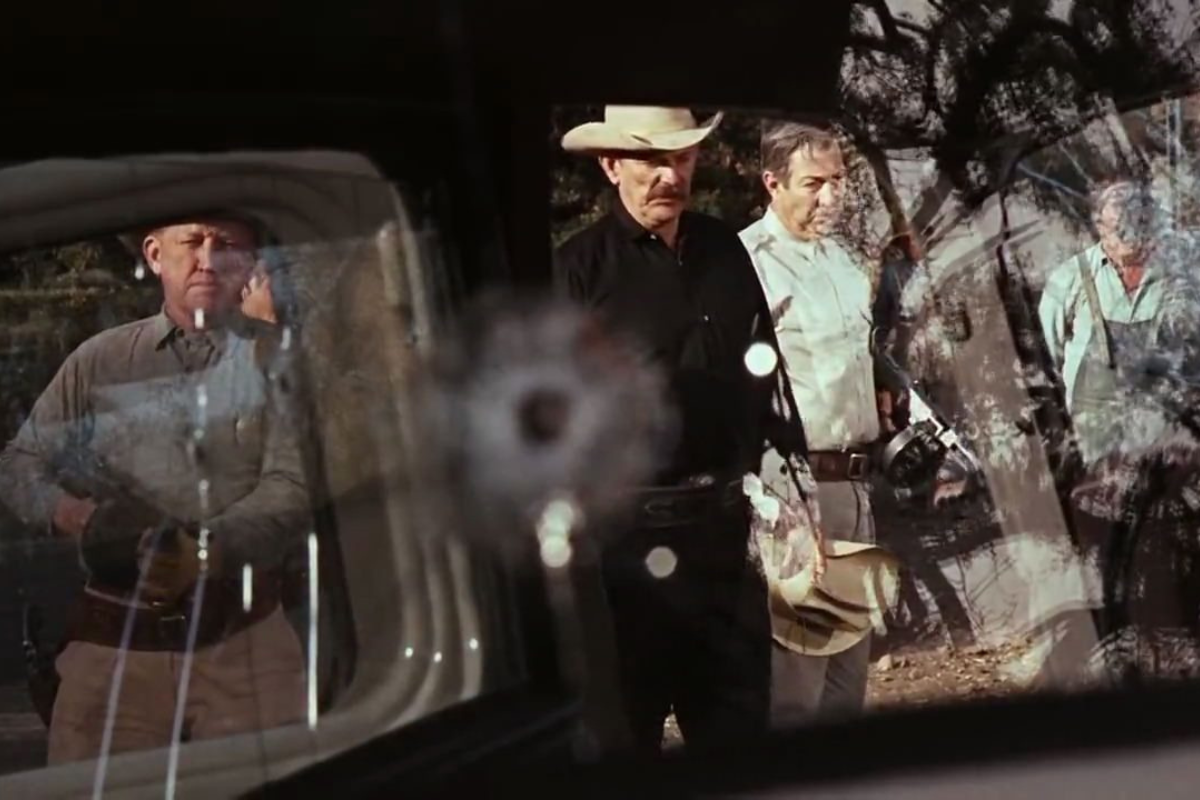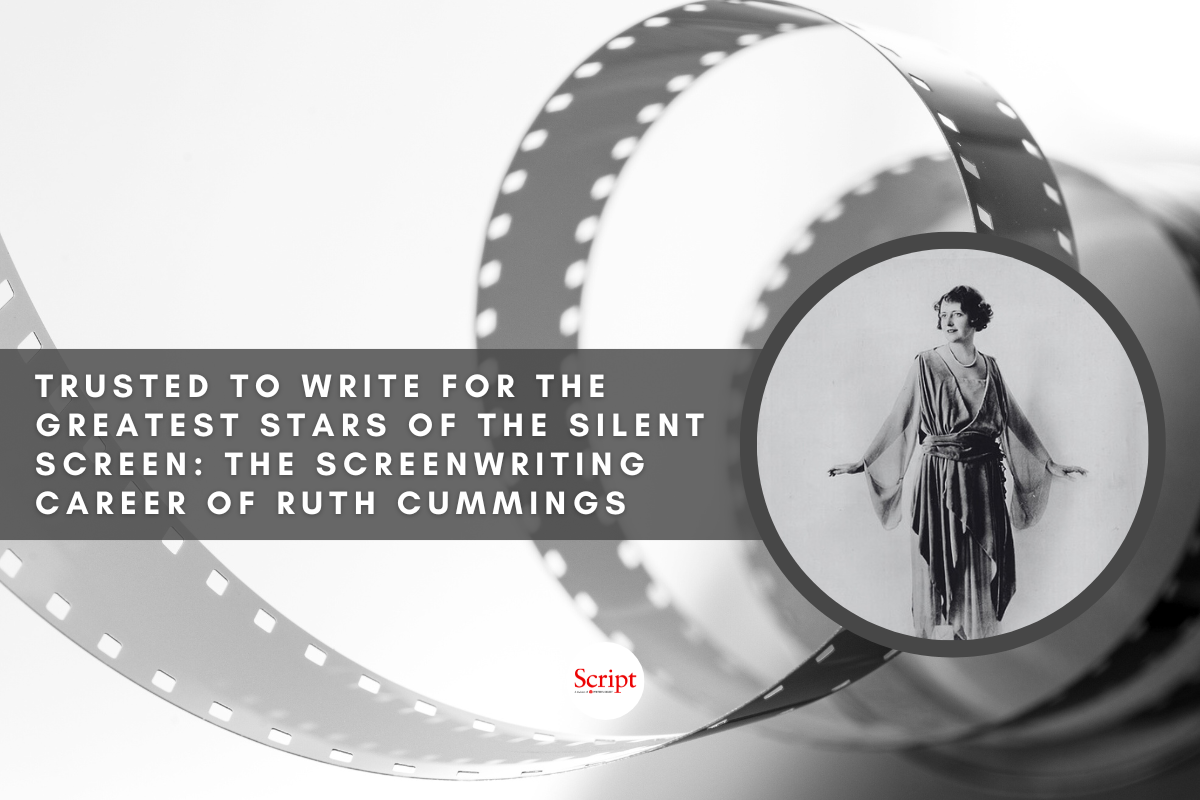Make Way for Viña Delmar
Script contributor Dr. Rosanne Welch celebrates the female screenwriters who came before us with this month’s spotlight on prolific screenwriter and author Viña Delmar.
The name Viña Delmar appears in the writing credits of two films in 1937: the well-loved screwball comedy The Awful Truth, which earned a nomination for Best Screenplay, and the lesser-known Make Way for Tomorrow. Having published several novels from 1929 to 1937, Viña gained popularity as a successful, though controversial, novelist by covering the issue of premarital sex in the critically acclaimed Bad Girl (1928). Several of her best-selling books and short stories had been adapted into films before Paramount hired her to write The Awful Truth. The rest of Viña’s film credits were story credits that came from her novels or short stories being adapted to the screen by other screenwriters.
She shared one writing credit with her husband, Eugene, as co-author on the novel Marido y Mujer. Viña was also credited with adapting the novel into a play but Jose Lopez Rubio adapted the play for the screen in 1932. The brief notes about the couple in IMDB mistakenly claim that after Eugene died in 1956 Viña stopped writing. While she may have stopped writing films, Viña published at least seven novels after Eugene’s death, including The Breeze from Camelot (1961), The Becker Scandal: A Time Remembered about the 1912 Becker-Rosenthal scandal (1968), and The Freeways (1971).
Four of those novels also came after the death of their son, Gray, killed in an automobile racing accident in 1966. So while Eugene may have helped edit some of her works, he was not a co-writer. The confusion regarding the Delmar name continues to this day as the Criterion Collection, which released The Awful Truth on DVD in February 2010 still claims that "Scenarist” Viña Delmar is a pen name for Eugene Delmar. Yet Eugene never earned an obituary in either the New York or Los Angeles newspapers and Viña did, which indicates that journalists and researchers found her to be the more public figure.
Based on the 1923 play by Arthur Richman The Awful Truth tells the story of Lucy (Irene Dunne) and Jerry Warriner (Cary Grant), a married couple with suspicious extra-marital relationships, which lead them to sue for divorce. The comedy comes from the couple arguing over custody of their dog as if it is a child during the 90-day waiting period for the divorce to become final.
Make Way, based on the novel by Josephine Lawrence and the play by Helen and Nolan Leary, tells the story of Lucy and Barklay Cooper, aging parents of five grown children during the Depression. When the children learn about the impending foreclosure on the family house and that their parents need somewhere to live, none of the children can take in both parents. The elderly couple spends their last night in the same town together at the hotel where they first met, in essence reliving their first date before the husband takes the train to California the next morning. Make Way concerns American society’s marginalizing treatment of the elderly.
Eugene died in 1956, and Viña died on January 19, 1990 in a convalescent home in Pasadena, California. Her obituary identifies Viña as a “controversial novelist” and Eugene as “her editor”.
If you’d like to learn more about the women highlighted in this column, and about the art of screenwriting while earning your MFA, our low residency Stephens College MFA in TV and Screenwriting is currently accepting applications.
Learn more about the craft and business of screenwriting from our Script University courses!
Dr. Rosanne Welch, Executive Director of the Stephens College MFA in TV and Screenwriting, has television credits including Beverly Hills 90210, Picket Fences, ABC News/Nightline and Touched by an Angel. Her award-winning publications include When Women Wrote Hollywood and Women in American History (on the ALA list of 2017’s Best Historical Materials). Welch is Book Reviews editor for Journal of Screenwriting; on the Editorial Boards of Written By magazine and California History Journal and gave a 2016 TEDxCPP talk: “The Importance of Having a Female Voice in the Room”.
Find Dr. Rosanne Welch online: Instagram @drrosannewelch | YouTube DrRosanneWelch | Stephens College MFA Twitter @mfascreenwriter







